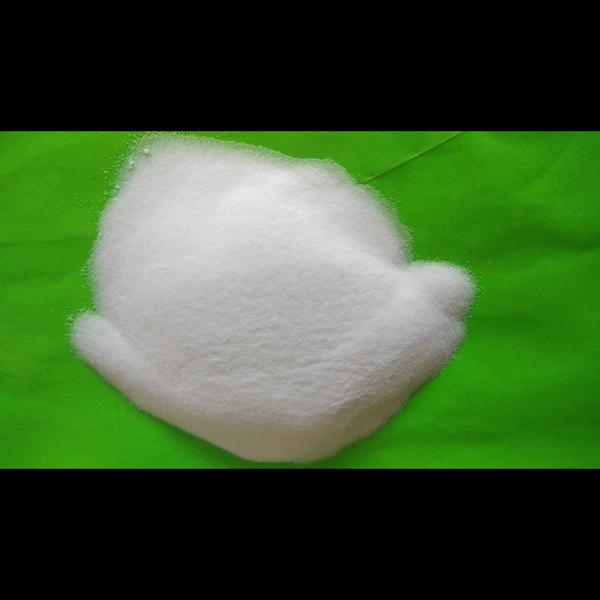Obesity in India: A Crisis Through the Lens of Body Chemistry and Its Economic Fallout
Obesity is not just about excess fat — it's a complex biochemical disorder. In India, the rising obesity crisis is deeply tied to metabolic imbalances, hormone dysfunction, and nutritional transitions that are disrupting the health profile of the nation.
⚛️ Body Chemistry Behind Obesity
1. Insulin Resistance
Overconsumption of carbohydrates and sugar leads to chronic insulin elevation.
Cells become resistant to insulin → glucose remains in blood → triggers type 2 diabetes.
India already has over 100 million diabetics, heavily tied to rising obesity.
2. Leptin and Ghrelin Imbalance
Leptin, the hormone that signals fullness, becomes ineffective in obese individuals (leptin resistance).
Ghrelin, the hunger hormone, becomes overactive → leads to constant overeating.
3. Fat Cell Biochemistry (Adipokines)
Fat cells are not passive storage; they release inflammatory molecules (adipokines).
These cause chronic low-grade inflammation, contributing to cardiovascular disease, fatty liver, PCOS, etc.
4. Micronutrient Deficiency Despite Overeating
Indian diets high in calories but low in nutrients (iron, magnesium, omega-3) lead to metabolic inflexibility.
This disrupts mitochondrial function → poor energy usage → fat accumulation.
5. Gut Microbiome Disruption
Processed foods damage the diversity of gut bacteria.
This imbalance affects digestion, immunity, and brain chemistry (mood, cravings) — worsening obesity.
💸 Economic Consequences Rooted in Biochemistry
Healthcare Burden: Chronic conditions like diabetes, fatty liver, infertility, and early stroke are biochemical consequences of obesity. Their treatment is expensive and lifelong.
Workforce Deterioration: Hormonal fatigue, poor sleep (due to apnea), and inflammatory diseases reduce cognitive and physical output — especially in 25–45 age group.
Generational Risk: Epigenetic changes due to obesity in mothers may cause metabolic disorders in newborns, creating long-term health burdens.
🔬 Scientific Summary
Obesity = Hormonal Imbalance + Chronic Inflammation + Mitochondrial Dysfunction
Economic Crisis = Rising Disease Burden + Workforce Productivity Drop + Healthcare System Overload
Keywords
hunger hormone
metabolic disorders
physical output
early stroke
gut bacteria
metabolic inflexibility
4 micronutrient deficiency
passive storage
overactive leads
signals fullness
sugar leads
health profile
nutritional transitions
deeply tied
excess fat
biochemical consequences
body chemistry
rising obesity crisis
economic fallout obesity
nation body chemistry
complex biochemical disorder
ghrelin imbalance leptin
insulin glucose remains



